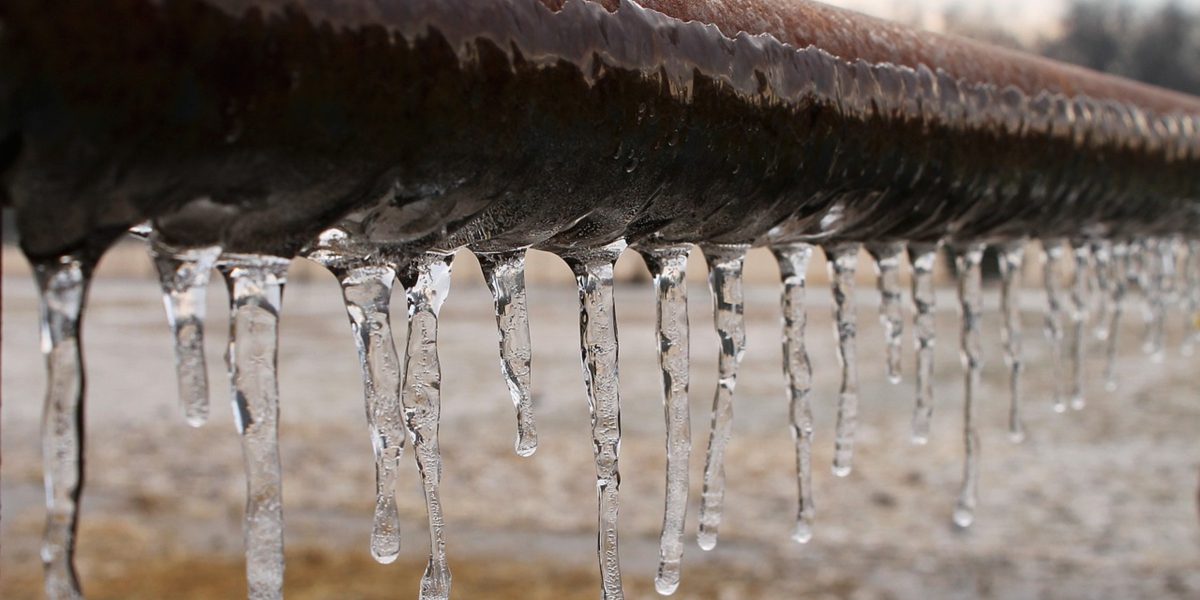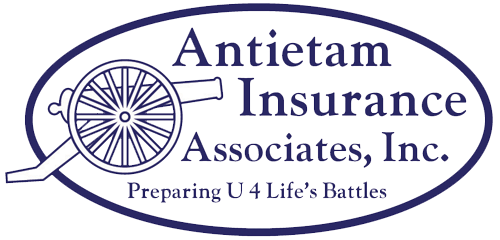
As temperatures dip, there’s more to worry about than just wearing a warm coat and shoveling your driveway. Depending on how cold it gets where you are, your home’s pipes are also at risk of freezing and bursting, costing thousands in water damage.
Thankfully, frozen pipes don’t have to be in your future if you take some preventative measures. Here’s how to prevent frozen pipes in the winter.
Invest in Insulation
The pipes that are most at risk of freezing are those located in unheated interior spaces of your home, such as basements, attics, and garages. Purchasing and installing pipe insulation can help these pipes hold just enough heat to avoid freezing.
Pipe insulation costs around 50 cents per linear foot, so it’s a great inexpensive investment for even a large amount of pipes when you consider just how much water damage could cost you. Use pipe insulation liberally to best protect your pipes.
Close (or Open) Doors
If you’ve got garage pipes, keeping your garage door closed helps keep the space insulated and reduces the risk of freezing.
Indoors, open your kitchen and bathroom cabinet doors to allow warm air to circulate around the plumbing. This will be especially helpful if your sinks are on exterior walls. If you have children or pets, remove any harmful cleaners or other items you don’t want them to access before leaving the cabinets open.
Let It Drip
When you’re expecting very low temperatures (below 20 degrees), it’s helpful to let your faucets drip, especially overnight. This advice is also applicable during ice storms and snow, when harsh winds could cause pipes to freeze.
A slow drip is usually sufficient to prevent freezing, so you don’t have to worry too much about this preventative measure running up your water bills.
Keep Temperatures Level
Many people who want to decrease energy usage recommend decreasing your home’s thermostat during the work day hours when you aren’t at home, and overnight when you’re snuggled under blankets. However, this could lead to pipe freezing in colder weather.
Instead, try to pick a temperature that’s low enough to save on energy but warm enough to feel comfortable to you, and stick with it all day and night. Temperature fluctuations make it more likely that your pipes will freeze, so keeping things level is a great preventative measure.
Home Insurance in MD, VA, PA & WV
While you may do everything right to prevent frozen pipes, sometimes they do still happen. That’s where your homeowners insurance policy comes in. With a home insurance policy from Antietam Insurance, you can rest easy knowing that you’re covered in case of a burst frozen pipe, fire, or other disaster. Call today for a quote!
